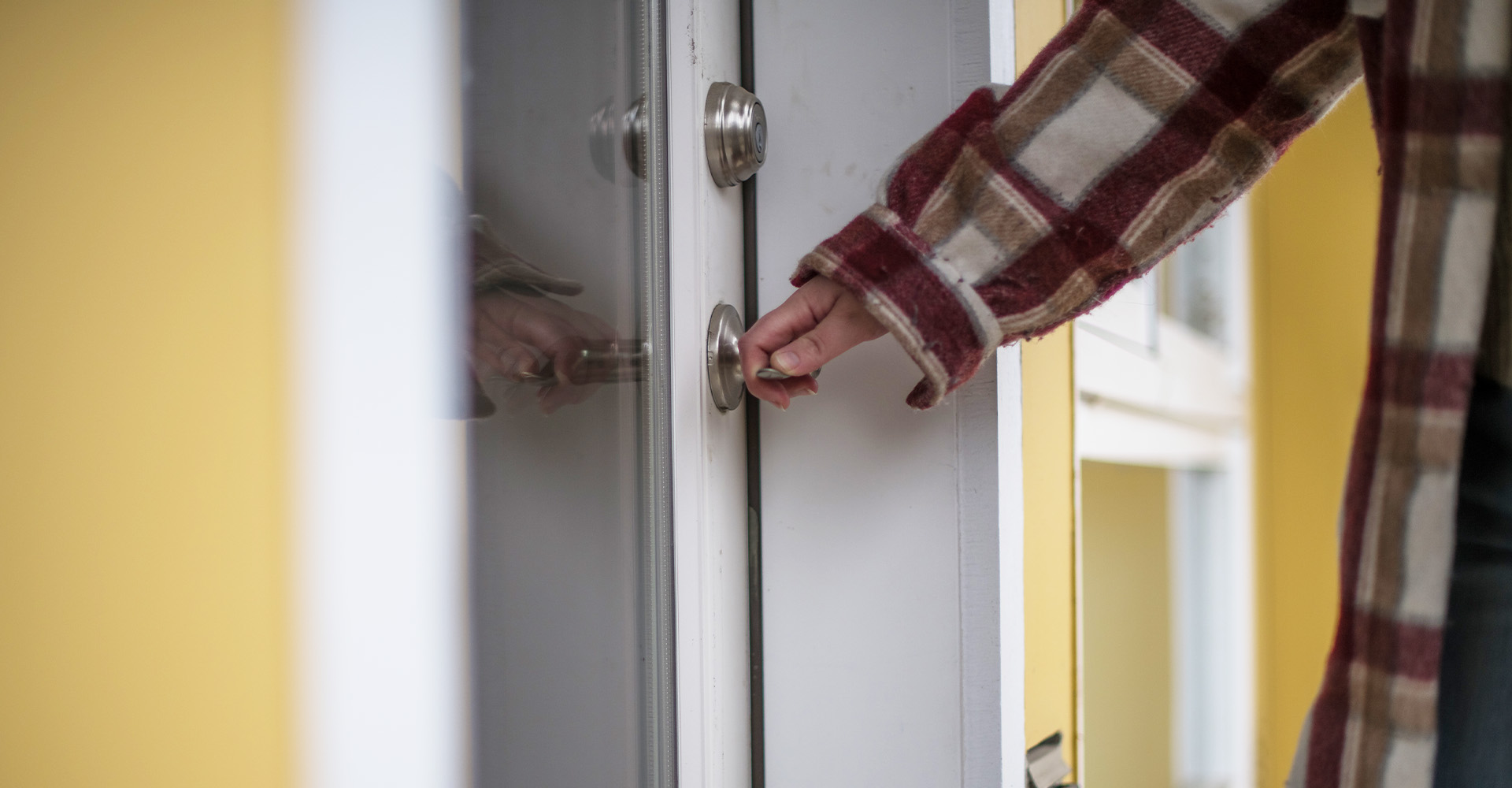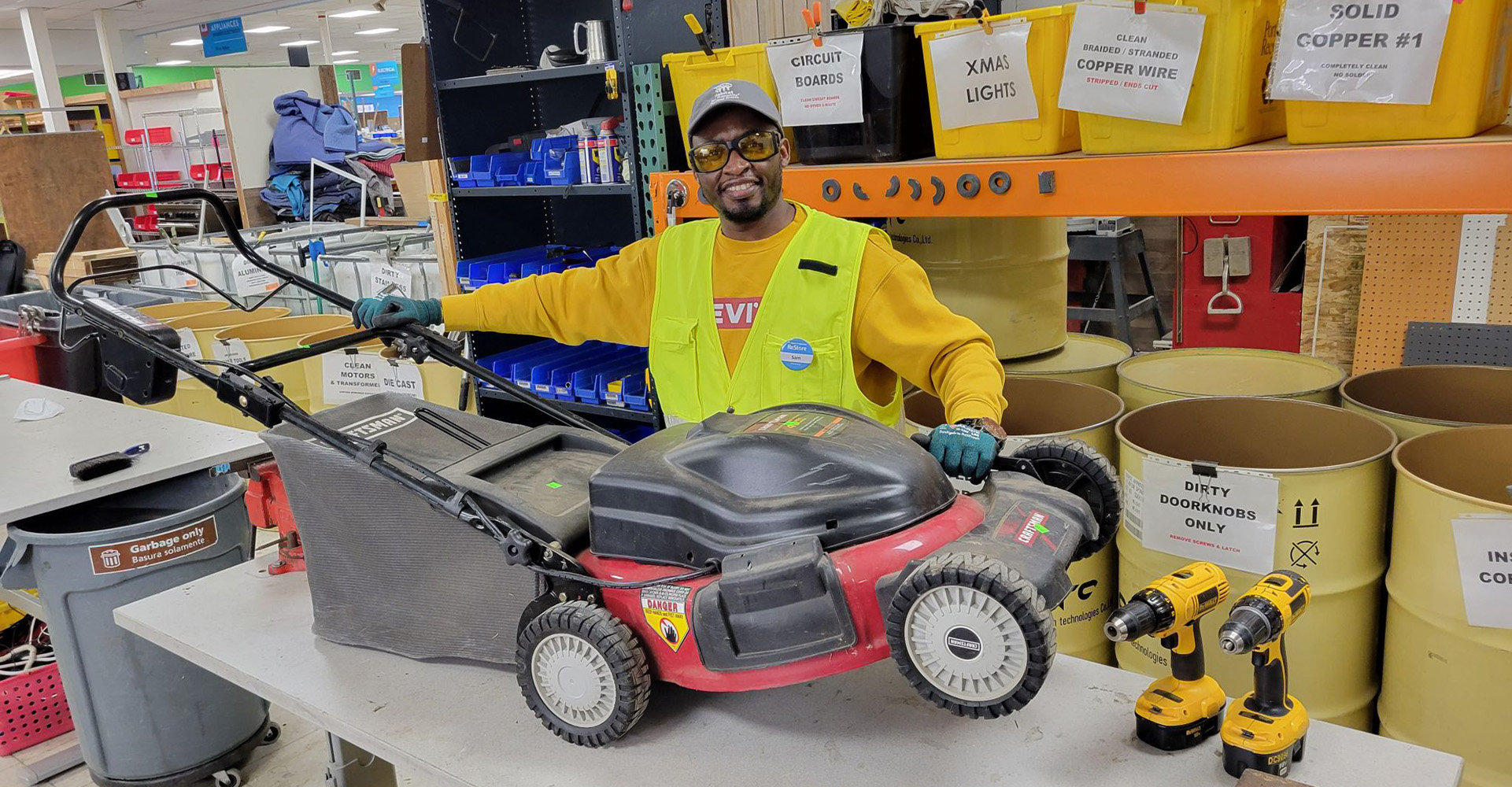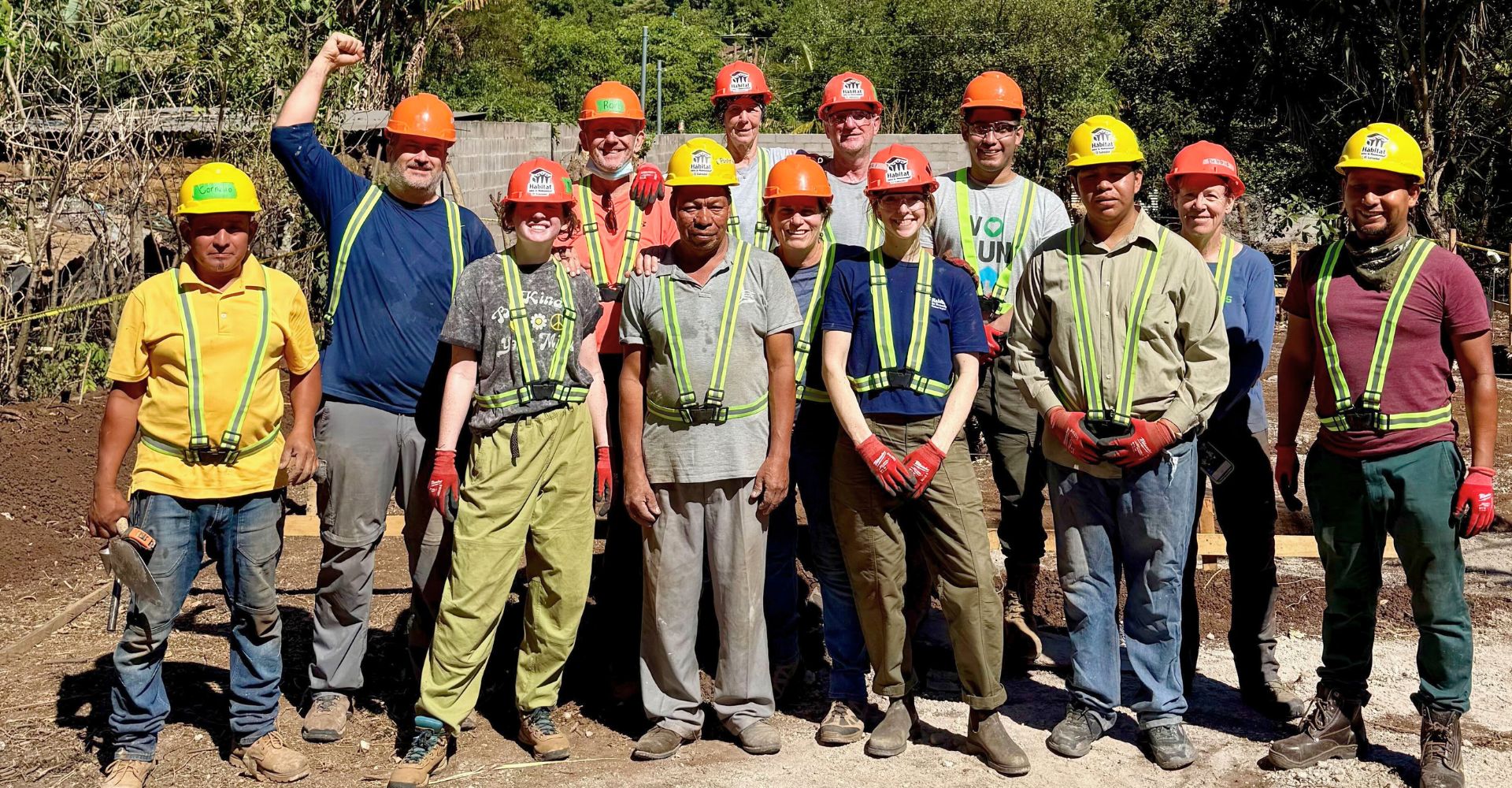
In efforts to combat years of gentrification and displacement, Habitat for Humanity Portland/Metro East is partnering with the City of Portland to enact the North/Northeast Preference Policy. A first of its kind in the nation, this initiative prioritizes residents with generational ties to these areas and gives them the right to return to a neighborhood they once called home. The initiative helps address the City’s legacy of displacement and marginalization of largely African American neighborhoods due to urban renewal, redlining, and racist lending policies.
Born and raised in Portland, Cupid Alexander has taken on the role of Director of Strategic Initiatives for Mayor Ted Wheeler and also serves on Habitat for Humanity’s Ambassador Council. He says this policy sets forth a precedence of how the City will reinvest in our communities.
“The Preference Policy is a step – one step – in an intentional direction that prioritizes how we invest in our communities with history in mind,” Cupid says. “There are no amount of actions that can pay reparations, but we can acknowledge past mistakes and center harmed communities for our future investments.”
Many of those who were displaced were predominantly African American households. According to the City’s State of Housing Report, there are no neighborhoods in Portland where the average Black, Latinx, and Native American household can purchase a home. The need for affordable home options is essential in securing, not only generational wealth, but also preserving the strength diverse communities bring to the health of an entire city.
As part of our work with the N/NE Preference Policy, Habitat for Humanity is currently building two communities in inner N/NE Portland. In the Portsmouth neighborhood, Habitat is in the process of framing 12 homes, and in Kenton, we just broke ground on 30 homes situated on the corner of Interstate & Kilpatrick. With our partners at Proud Ground, we also have affordable homeownership opportunities at the 5020 condos on N Interstate St. All of these homes will be permanently affordable and all will be under the new N/NE Preference Policy.
While we cannot undo history, this policy allows us the opportunity to right the future of our city. It gives Habitat homebuyers like Deloris the ability to leave a legacy for her granddaughter and nephew in a neighborhood she grew up in.
“Knowing they have a permanent place where memories are built and nourished and hopefully, they will continue the tradition for generations to come.”
After being displaced from her Woodlawn home at the age of 17, Deloris will be able to rebuild a stable life with her family and invest in their future.
The same goes for Reyna, who partnered with us to move out of the apartment she’s lived in for nearly 15 years and start her new life as a homeowner.
“Owning a home will give me more stability,” she says. “I have to start living my life for me. I’m determined.”
Reyna and Deloris will join two communities in North Portland where many of their neighbors have generational ties to the same neighborhood. They will all purchase a home with an affordable mortgage and form a foundation upon which to build a new life. When a person has the opportunity to invest in themselves, they will also have the means to invest in their community.
“To rise as a city, we must all rise together,” says Steve Messinetti, Habitat for Humanity Portland/Metro East CEO. “Because the health of our community is only as good as the health of the people who live here.”


